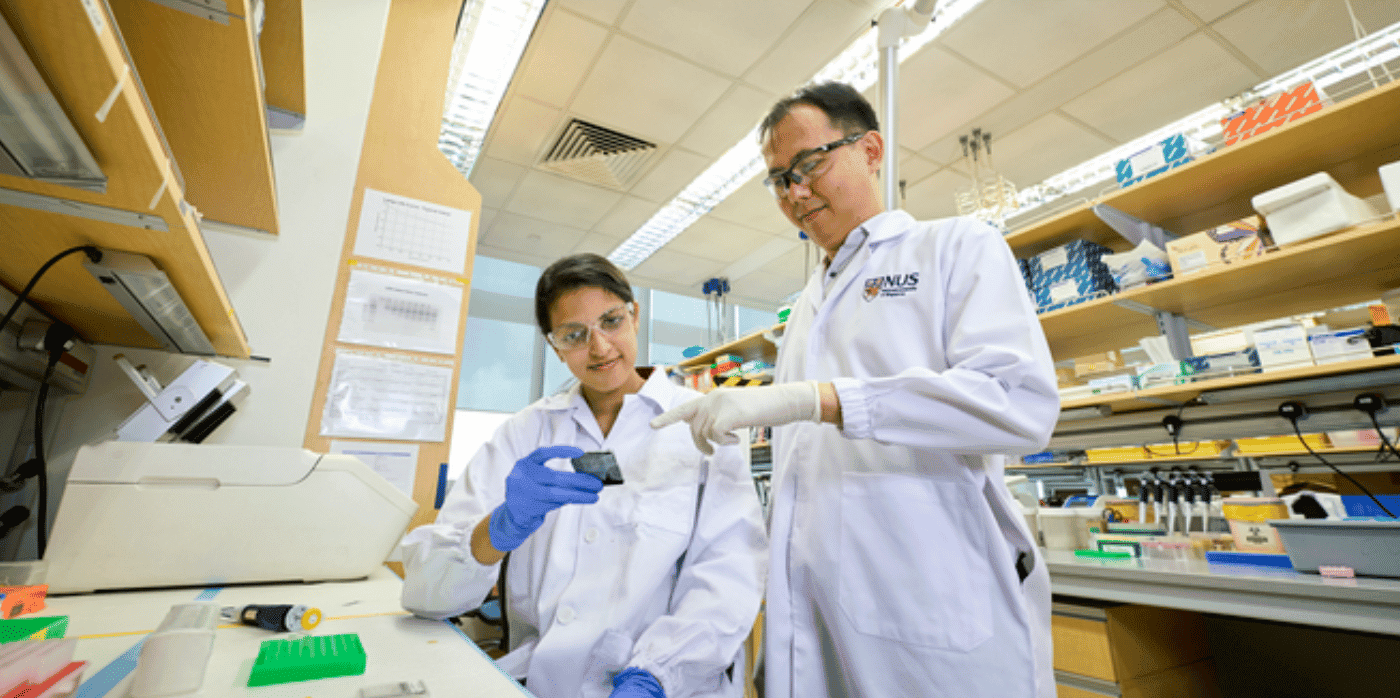A new, affordable cancer testing method

Spotted: In 2020, there were 18.1 million cases of cancer across the globe, with 9.3 million of these being in men and 8.8 million in women. Not only is the diagnosis extremely distressing for the people involved, the cost of treatment and monitoring is constantly rising as well. Now, researchers at the National University of Singapore (NUS) have developed a non-invasive testing technique that is much more affordable than other methods.
Traditional testing methods analyse blood samples for the DNA signatures of cancer cells. However, sifting through all the genetic material in a sample – a method called whole-genome sequencing – is expensive and labour-intensive because cancer-specific biomarkers tend to be concentrated in areas known as CpG islands, which make up only around one per cent of the genome. The new method, however, discards non-informative sections in a patient’s DNA and targets the CpG island.
The method was discovered by accident when a researcher heated a blood sample and realised that the heat destroyed much of the genome, but left the CpG islands intact. This allowed them to sequence the remaining genome directly – making the tests not only faster and cheaper, but also more sensitive than traditional methods.
The research team estimates the new testing method – called the Heatrich-BS assay – will cost around $35 (around €32.50), compared to around $750 (around €697) for traditional methods. With this reduced cost, tests will be able to be performed more regularly.
The team, led by Assistant Professor Cheow Lih Feng, is working on finding industry partners to bring their technology to market.
Springwise has spotted growing number of scientific innovations aimed at making medical testing more accessible. These include a non-invasive method for detecting malaria using a smartphone, and a cheap, handheld testing kit.
Written By Lisa Magloff

